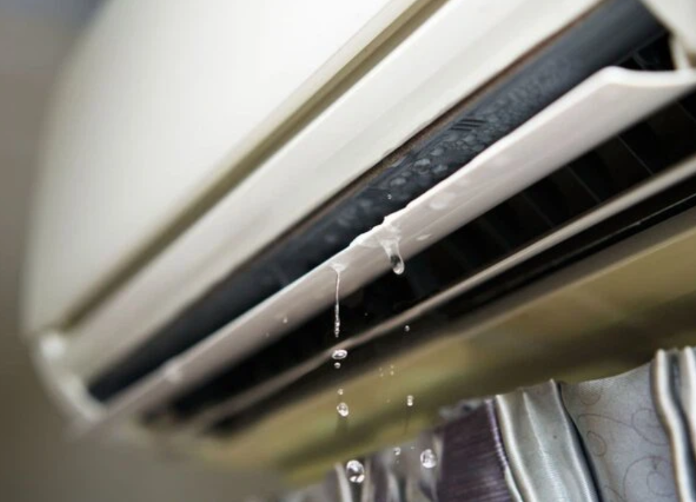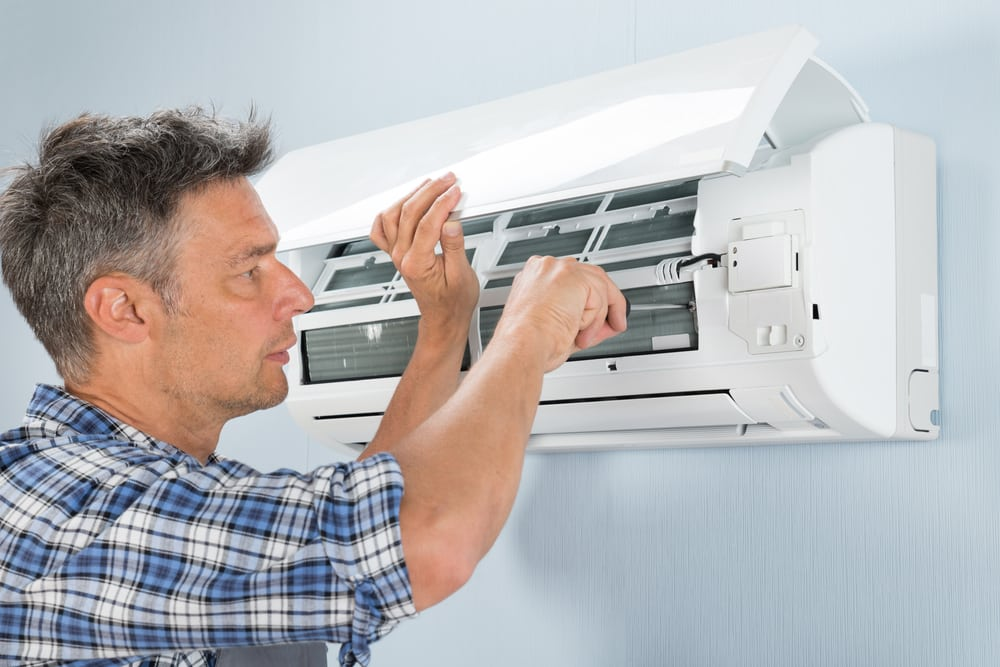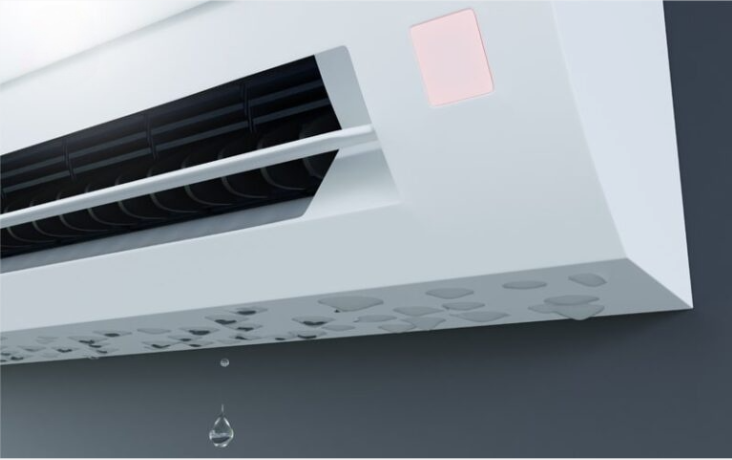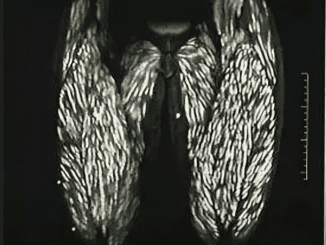An air conditioner water leak can be an annoying and potentially costly issue. Water pooling around your AC unit could lead to water damage, mold, and even electrical hazards. If you’re noticing drips or puddles around your unit, you’re probably wondering, “Why is my air conditioner leaking water, and what can I do about it?” Don’t worry; we’ll explain the common causes behind AC water leaks and share practical solutions to help you address this issue.

Understanding the Common Causes of AC Water Leaks
Several issues could cause your air conditioner to leak water. Let’s dive into the most common culprits so you can better understand how to fix them.
1. A Dirty Air Conditioner Unit
One of the leading causes of an air conditioner leaking water is a dirty unit. When dirt and debris build up on the filters and evaporator coils, they restrict airflow and cause the coils to freeze. Once the AC unit is turned off, the ice melts, and the excess water can’t drain properly, resulting in a leak.
Regular cleaning and maintenance can prevent dirt from accumulating and keep your unit working efficiently. If you notice water leaking from your AC, especially after it’s been running for a while, it’s time to check for dirt buildup.
2. A Clogged or Broken Drain Pipe
Your air conditioner’s drain pipe plays a crucial role in carrying condensation away from the unit. Over time, dust, insects, and even mold can clog this pipe, causing water to back up and leak. In some cases, the drain pipe may break, allowing water to seep out.
A clogged or broken drain pipe is one of the most common causes of AC water leaks. Fortunately, it’s a relatively easy fix. Cleaning or replacing the pipe can usually resolve the issue and prevent future leaks.
3. Installation Errors
Believe it or not, improper installation is a frequent cause of air conditioner water leaks. When the unit isn’t installed with a slight slope, the water tray inside the air conditioner can’t drain properly. Instead of flowing outside, the water flows back into the unit, resulting in a leak.
To avoid this issue, make sure your air conditioner is installed by a qualified technician who understands the importance of proper alignment. If you suspect that installation errors are causing your AC to leak, you may need a professional to re-evaluate and adjust the unit.
4. A Damaged Indoor Unit Fan
The indoor unit fan plays a significant role in circulating air over the evaporator coils, preventing them from freezing. However, if the fan becomes damaged, the coils may freeze due to restricted airflow. When the ice melts, water drips directly from the indoor unit, causing a leak.
If your indoor unit fan is damaged, you’ll need to contact a technician to replace it. Once the fan is functioning correctly, it will help regulate airflow and prevent freezing, thereby reducing the risk of leaks.
5. Low Refrigerant Levels
Your air conditioner relies on refrigerant to cool the air. When refrigerant levels are low, it causes the evaporator coils to freeze, as the system can’t absorb enough heat. As with a damaged fan, when the ice on the coils melts, it leads to excess water that the drain pan can’t handle, resulting in a leak.
Low refrigerant levels require a professional’s expertise, as you’ll need someone to locate the leak, fix it, and recharge the refrigerant. It’s essential to address this problem promptly, as running your AC with low refrigerant can cause severe damage to the unit.
How to Fix Water Leaks from Your Air Conditioner

Now that you understand what might be causing your air conditioner to leak, here are some practical steps you can take to resolve the issue.
1. Clean and Maintain the Air Conditioner Regularly
A clean unit is a happy unit. Regularly cleaning the filters, evaporator coils, and drain pan will keep your air conditioner functioning efficiently and reduce the risk of leaks. If you’re dealing with a buildup of dirt and grime, follow these steps to clean your AC unit:
- Turn off the power: Before you begin, ensure the AC unit is turned off.
- Open the unit and remove the filters: Remove the filters from the indoor unit and soak them in water. Use a brush to clean them thoroughly.
- Clean the fan and evaporator coils: Gently clean the fan and coils with a soft brush or cloth to remove dirt and debris.
- Dry and reassemble the unit: Wipe down all parts with a dry cloth, reassemble the unit, and turn it back on.
2. Unclog or Replace the Drain Pipe
If you suspect a clogged or broken drain pipe, you can try cleaning it with a solution of water and mild soap. Use a pipe cleaner or a small brush to remove any blockages. If the pipe is damaged beyond repair, replacing it will prevent future leaks.

3. Fix Installation Errors
If your AC unit wasn’t installed with the proper slope, you’ll need a professional to adjust the alignment. Proper installation ensures that water drains away from the unit instead of back into it. Avoid DIY adjustments for installation issues, as incorrect handling could worsen the problem.
4. Replace the Indoor Unit Fan
A damaged fan isn’t something you should try to fix on your own. Contact a qualified technician to inspect the fan and replace it if necessary. A functioning fan will maintain proper airflow over the evaporator coils, preventing freezing and water leaks.
5. Refill Refrigerant Levels
Low refrigerant levels require a licensed technician to resolve. Running your AC on low refrigerant can strain the unit and lead to costly repairs. A technician can identify leaks, seal them, and recharge the refrigerant so your AC operates efficiently.
Preventative Measures: Simple Steps to Avoid Future Leaks
Preventing water leaks in your air conditioner is all about regular maintenance and keeping an eye on potential issues. Here’s how you can minimize the risk of future leaks:
1. Schedule Regular Maintenance Checks
Routine maintenance is essential for preventing leaks. Schedule annual check-ups with a professional to inspect your unit for any potential issues and clean the internal components.

2. Change Filters Regularly
Dirty filters restrict airflow and can lead to freezing. Check your filters monthly, and change them every 1-3 months or as recommended by the manufacturer.
3. Inspect the Drain Pan and Pipe
Check the drain pan and pipe periodically for clogs or damage. Cleaning the pan and pipe will ensure water drains properly and reduce the risk of leaks.
Conclusion: Keep Your Air Conditioner Running Smoothly
Air conditioner water leaks can be a hassle, but understanding the causes and taking preventative steps can help you keep your unit in top shape. From cleaning filters to scheduling regular maintenance, these small efforts can make a big difference in the longevity and performance of your AC unit. If you encounter more serious issues like a damaged fan or low refrigerant, don’t hesitate to call a professional. By staying proactive, you’ll keep your air conditioner running efficiently, so you can enjoy a cool, comfortable home all season long.


